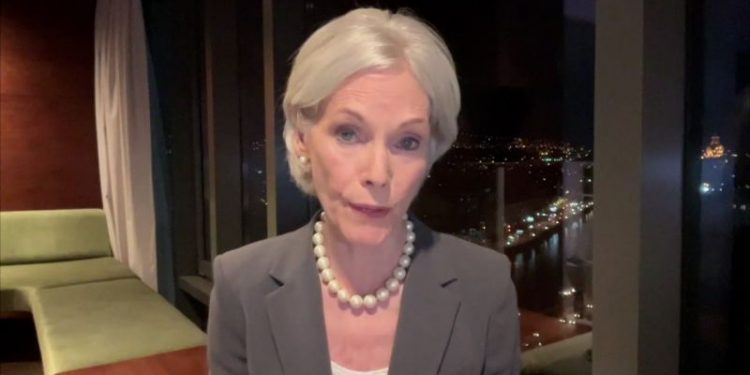In Russia’s recent presidential election, Vladimir Putin secured another term in office, extending his rule over the country for another six years. The election, however, was largely criticized for being stage-managed and devoid of any credible opposition. With Putin’s victory all but guaranteed, the lack of genuine competition raised concerns about the state of democracy in Russia and the consolidation of power in the hands of one man.
Putin’s tenure as Russia’s president has been marked by a centralization of power, where he has solidified his control over the government, media, and opposition. The lack of credible challengers in the recent election further cemented his dominance, reinforcing the image of a leader unopposed and unchecked in his actions. This one-man rule raises questions about the health of democracy in Russia and the prospects for political pluralism in the country.
The stage-managed nature of the election was evident in the tactics employed by the authorities to ensure Putin’s victory. Reports of voter coercion, ballot stuffing, and intimidation tactics were widespread, casting a shadow over the legitimacy of the electoral process. The exclusion of prominent opposition figures, such as Alexei Navalny, further undermined the credibility of the election and reinforced the perception of a political system designed to maintain Putin’s grip on power.
The lack of a viable opposition also highlights the challenges faced by those seeking to challenge Putin’s rule. The suppression of dissent, curtailment of press freedom, and restrictions on political participation have created a hostile environment for opposition voices, making it difficult for alternative candidates to gain traction and pose a credible challenge to the incumbent. Without a robust and diverse political landscape, Russia risks further entrenching a system where power is concentrated in the hands of a few, with little room for dissent or opposition.
The implications of Putin’s extended one-man rule are far-reaching, both domestically and internationally. Domestically, the lack of political competition raises concerns about the accountability and transparency of the government, as well as the protection of civil liberties and human rights. Internationally, the consolidation of power under Putin’s leadership has raised questions about Russia’s role on the global stage and its commitment to democratic principles and international norms.
In conclusion, Putin’s extended one-man rule in Russia, following a stage-managed election devoid of credible opposition, has far-reaching implications for the country’s political landscape and its relationship with the international community. The lack of genuine competition, coupled with allegations of electoral manipulation, underscores the challenges facing Russia’s democratic institutions and the prospects for a pluralistic political system. As Putin embarks on another term in office, the future of democracy in Russia remains uncertain, with the consolidation of power in the hands of one man casting a shadow over the country’s political future.

















